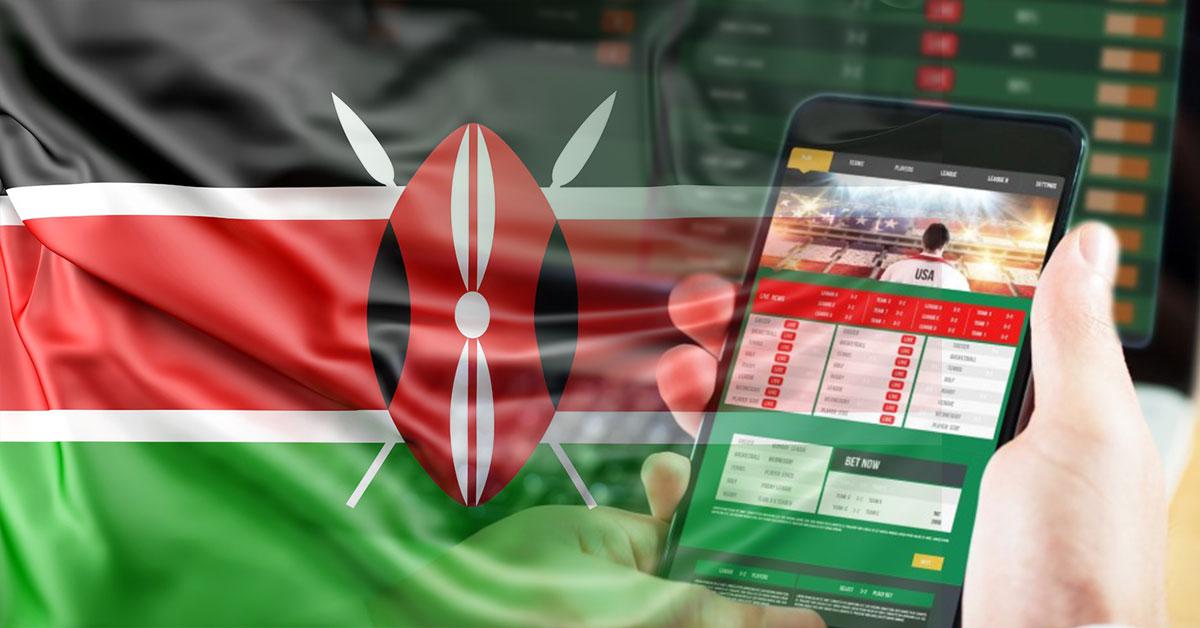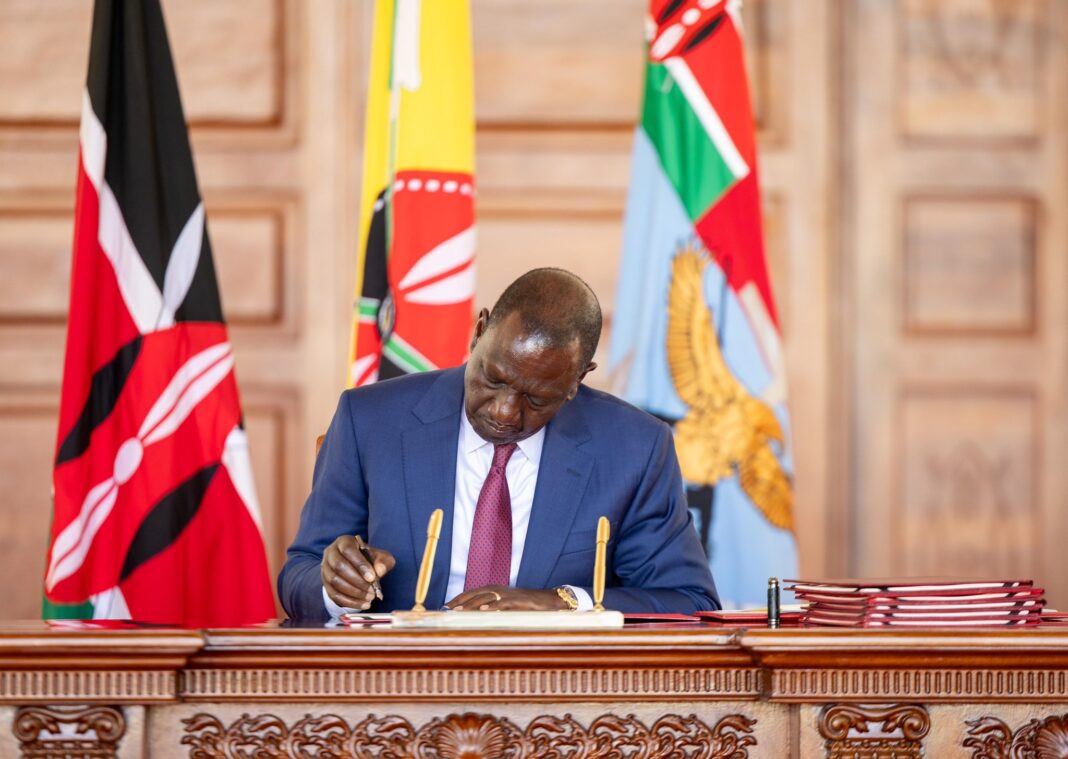In a controversial move likely to spark heated debate, President William Ruto has signed the Gambling Control Bill 2023 into law, ushering in sweeping reforms across Kenya’s gambling industry.
The legislation introduces a minimum betting amount of Ksh20 for online wagers—an unprecedented attempt to curb reckless gambling, enforce digital accountability, and increase state oversight.
While hailed by some as a step toward responsible gaming, critics argue it disproportionately targets low-income Kenyans and further empowers corporate operators. This article delves deep into what the new law means, who benefits, and who ultimately pays the price.

New Law Raises Kenya’s Minimum Betting Amount and Overhauls Gambling Oversight
President William Ruto’s assent to the Gambling Control Bill 2023 has brought a major regulatory shift in Kenya’s multibillion-shilling gambling industry. At the core of the legislation lies a seemingly modest clause: no bet under Ksh20 will be allowed on any online gambling platform.
But this requirement is more than a figure—it’s a signal of increasing state control and a potential financial chokehold on casual gamblers, especially in economically strained communities.
The law, signed on August 7, comes amid mounting public concern over the social costs of gambling, particularly among Kenya’s youth. However, many observers say the minimum betting amount provision is a tactical revenue move cloaked in moral rhetoric.
Under the law, any gambling operator found accepting bets below the minimum threshold faces a fine of at least Ksh5 million or a jail term of up to five years. These steep penalties indicate the government’s intent to enforce the rules aggressively.
But who truly gains from this crackdown? Analysts argue the Ksh20 floor doesn’t just target underage or problem gamblers—it effectively locks out many low-income Kenyans who place micro-bets as low as Ksh5, often on sports.
This demographic forms a significant part of the daily user base for betting platforms. By pushing them out, the law may inadvertently drive them into unregulated underground gambling spaces. While the bill includes commendable provisions—such as requiring player registration, age verification, and secure payout timelines—its broader economic implications remain murky.
Critics warn that higher minimum betting amounts could consolidate power in the hands of a few large operators, further commercializing a sector already criticized for exploiting Kenya’s youth and working-class.
Minimum Betting Amount Signals Shift Toward Wealthier Gamblers
The raised minimum betting amount is not merely a regulatory footnote—it’s a tool that could transform Kenya’s gambling demographic.
Previously, thousands of gamblers placed small bets ranging from Ksh1 to Ksh10, especially during major football events. These bets, while small, were widespread and inclusive. The new law effectively eliminates this tier of betting, forcing punters to either raise their stakes or walk away altogether.
This change is likely to disproportionately affect students, unemployed youth, and low-income earners—groups already economically vulnerable. For them, gambling is not just entertainment but a perceived path out of poverty, however illusory. With the new threshold in place, many may feel forced to gamble more than they can afford to meet the minimum requirement, potentially exacerbating addiction and financial distress.
Additionally, by enforcing such thresholds, the government opens the door to higher profit margins for betting firms. As fewer micro-bets are placed, operators can focus on more profitable players while cutting costs associated with high transaction volumes from low-stake bets.
New Authority and Digital Oversight Raise Questions About Motives
Another key feature of the Gambling Control Bill is the formation of the Gambling Regulatory Authority, tasked with vetting, licensing, and overseeing all gambling activity in Kenya. This authority is empowered to enforce the new minimum betting amount and monitor operators in real-time in collaboration with the Communications Authority of Kenya.
Operators will now be required to implement robust data security, ensure player age verification, and maintain accountability for monetary and non-monetary winnings within strict timelines. While these measures address some longstanding issues in the industry—such as fraud, underage betting, and delayed payouts—they also raise concerns about data privacy and the increasing surveillance of online users.
The mandatory creation of player accounts and submission of detailed user data may dissuade occasional gamblers wary of sharing personal information. Critics argue that while responsible gambling is crucial, the current model leans heavily toward centralized control and commercial gains for government-aligned stakeholders.
Furthermore, by making licensing contingent on extensive digital and financial infrastructure, the law could push out smaller operators, paving the way for larger, more politically connected firms to dominate the market.
Conclusion
President Ruto’s move to raise the minimum betting amount under the Gambling Control Bill 2023 may be framed as a step toward responsible gaming and regulatory modernization. But the fine print reveals deeper socioeconomic implications. From disenfranchising Kenya’s low-income gamblers to centralizing power among elite operators, the law risks doing more harm than good in its current form.
As the government enforces this legislation, transparency, public accountability, and ongoing debate will be crucial. Otherwise, the Ksh20 minimum bet may turn into a maximum burden for Kenya’s most vulnerable.


